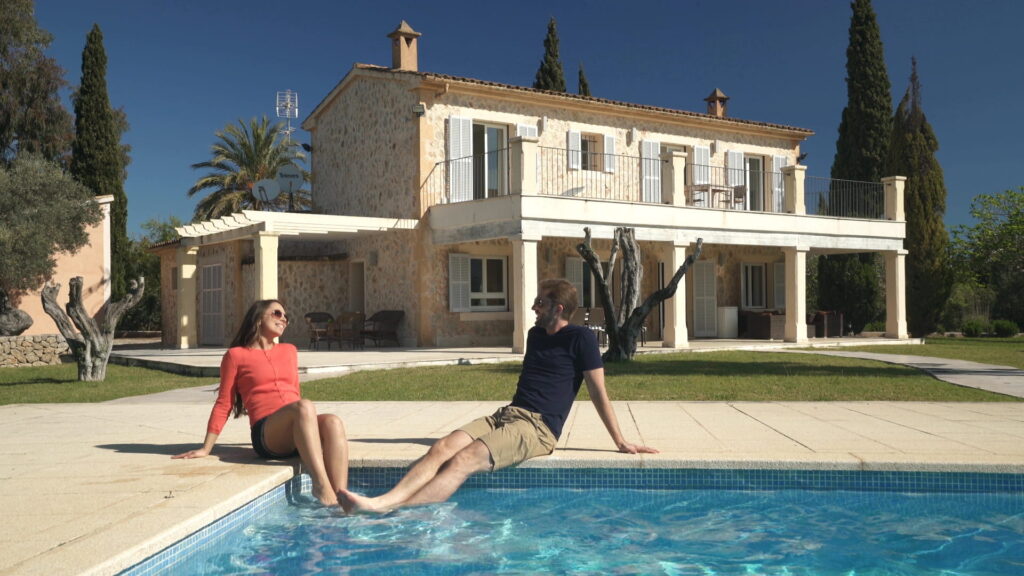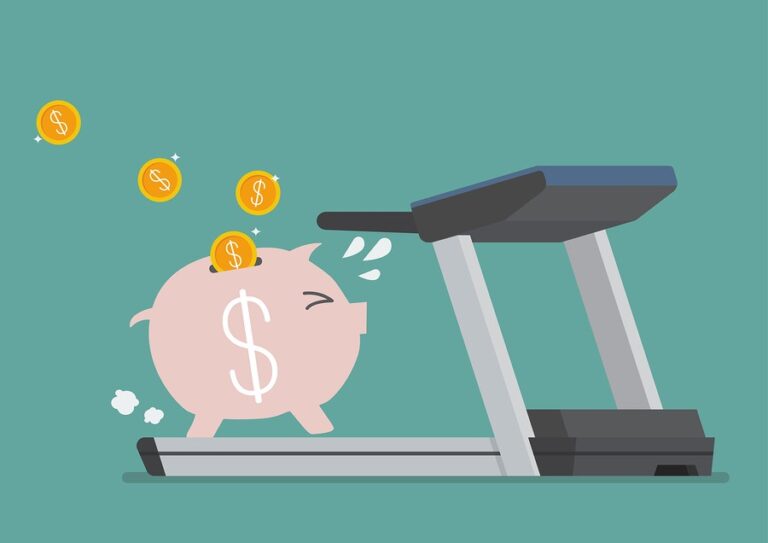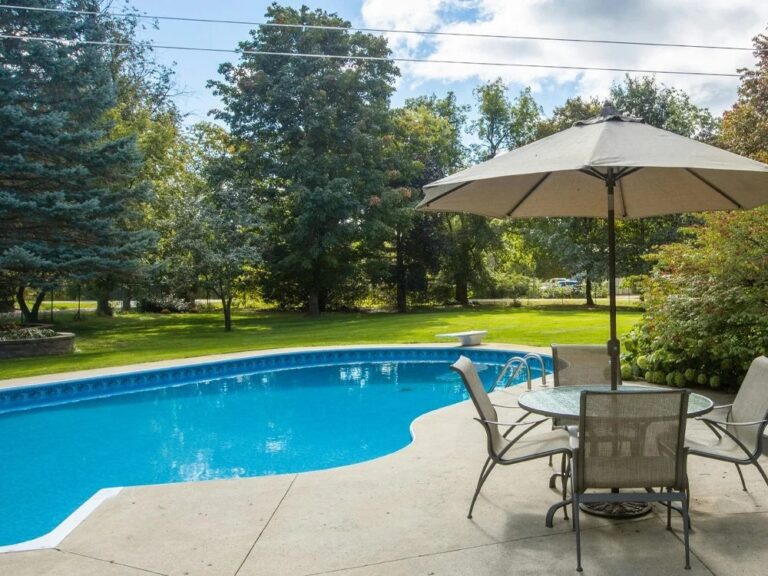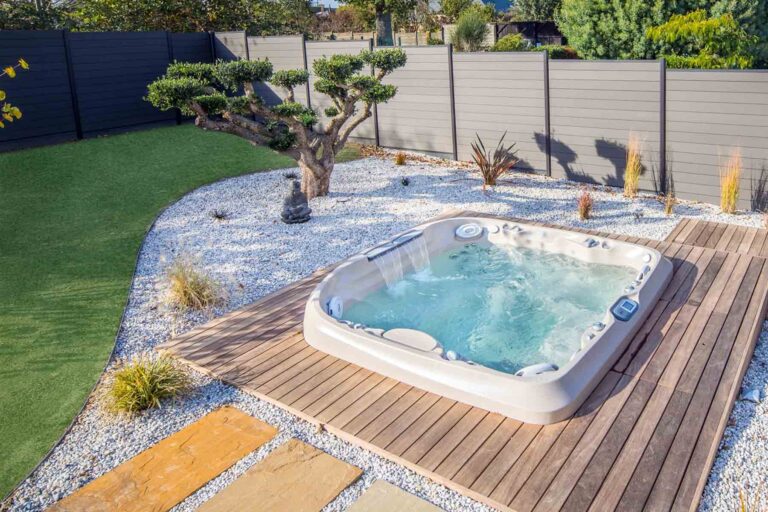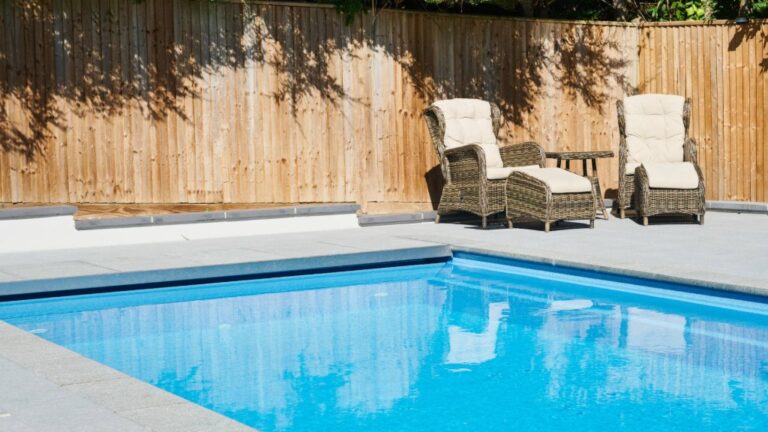For many people, if you ask them what their dream is, there’s a good chance they’ll say to move or retire to somewhere sunny and warm; Spain ticks both those boxes, so it’s no wonder that it’s become such a desirable location to purchase property over the past few years.
Knowing you want to invest in a piece of Spanish real estate is one thing, however, knowing how to go about is quite another. Fortunately, it’s easier than you might think. We spoke to Matt Wahler, a long-term agent selling properties in Javea for many years, about how to best go about turning that dream into a reality.
Important Things to Know About the Spanish Property Market
-

Source: expatica.com
Spain has long been a good place to buy property, thanks to its warm climate, cultural links and cosmopolitan cities. Whether you’re looking to purchase a property on the coast, however, or a townhouse in one of Spain’s bustling urban regions, there are a few things you should know about the Spanish property market, to guarantee you get the best deal possible, for whenever you do ultimately end up purchasing.
Now is a Good Time to Buy
-

Source: bemontmarbella.com
First up, it’s worth knowing that now is actually quite a good time to purchase property in Spain, so acting sooner rather than later might be advisable. The Spanish property market has been fairly buoyant in the years post-Brexit, seeing average property prices rise in all but one of the years since 2017, and that anomalous result can largely be chalked down to the prevalence of a deadly, global pandemic suppressing demand!
With an upwards market trend seemingly now set in motion for some time to come, now will be the cheapest time to buy a property, save for relying on the market bubble to burst in some unknown date in the future. The latter is doable, but it hardly allows much scope for life planning. In other words, when it comes to the Spanish property market currently, it’s advisable to strike whilst the iron is hot, so to speak.
Get a Feel for the Destination First
-
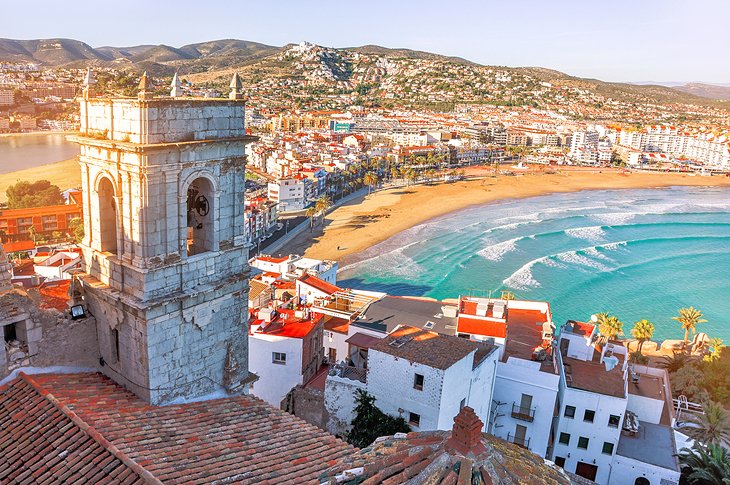
Source: planetware.com
Whether you’re looking for a full-time home to raise the family, or simply a holiday home to see out the winter months, it’s important that you do a bit of research into the area, beforehand. Preferably, by going out there in person.
No matter how attractive a property looks on the listing, putting in an offer blind – because that’s in essence what you’re doing – is rarely a good idea. This advice applies to wherever you buy a property overseas, by the way, whether that be in Spain or anywhere else.
Even if you’re unable to get out there, arrange a video viewing of the listing, and find out as much as you can about the local area; this might be in terms of its amenities, its foreign population or its job opportunities. Putting in a bit of investigative legwork initially often saves stress and headache down the line.
Fortunately, any real estate agency worth their salt should be able to help you with this! If you are able to get yourself out on a viewing trip to Spain, then see as many of the properties that’ve drawn your eye, as possible. With a bit of forward planning, you can feasibly view between five and ten properties in the space of one to two weeks, without it feeling too much like a chore.
Find Out About Potential, Additional Fees
There’s nothing worse than settling into your new home abroad, only to find that within the first few months of living there you’ve been hit with wave after wave of unexpected costs/bills. Many properties in Spain form part of a larger community, for instance – known as ‘comunidad de propietarios’ – require a community fee from each other home owners; this helps with the upkeep and maintenance of communal features.
Double check, then triple check all the fees associated with a property you’re thinking of purchasing, just so you’re not lumped with any nasty surprises after it’s too late. Again, provided that you’re conducting your property search with a reputable real estate agency, any and all fees should be disclosed at an early stage.
As a general rule, factor in between an additional 10-20% of your budget for fees on top of a property’s asking price; this will cover you for legal and transaction fees, any surveys needed carrying out, exchange specialists and any other initial fees or costs. It might be tempting to rush as quickly as you can through the property purchasing process, such is your dream to get out to Spain, but if you’re not careful and plan meticulously, that dream can rapidly turn into a nightmare.
What Sort of Property are You After?
Another big question to ask yourself is what does your dream property actually look like. You’re setting yourself up for a mammoth task if all you know going in is that you “want to buy a property in Spain”.
The more you can refine your decision-making process before going to the estate agents, the more likely they’ll be to be able to quickly find your perfect property. If you give your estate agent only vague requirements or specifications, then it can be like trying to find a needle in a sunny, Spanish haystack.
If you don’t know where to start, then draw out a simple ‘this or that’ table, then go through certain questions: do you want to live somewhere rural or urban, inland or by the coast, in a villa or an apartment. Once you’ve gotten into a rhythm with those questions, you might find you’re better placed to decide on more specific details, too. How many bedrooms do you think you’ll need?
Are you after your own swimming pool, or would a communal one suffice? Pretty quickly, you’ll find that you’ve got a much better idea of what you’re looking for, and that in turn will help your estate agent find the best possible property for you.

